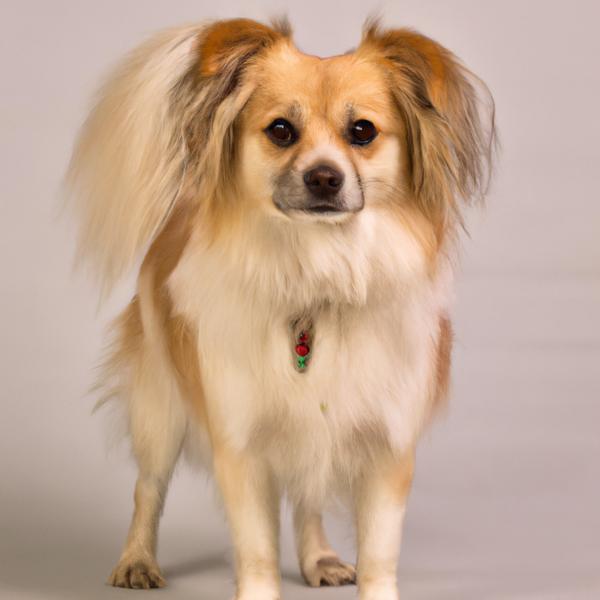Boxollie vs. Australian Boxherd: Breed Differences and Similarities
Hypoallergenic
Are Boxollies or Australian Boxherds hypoallergenic, or neither?
Unfortunately, neither Boxollie nor Australian Boxherd are hypoallergenic, which may not make them the best choice for dog lovers who suffer from pet allergies.
Temperament
What are the personalities of Boxollie and Australian Boxherd dogs?
Playful
Energetic
Protective
Intelligent
Confident
Friendly
Responsive
Loyal
Gentle
Social
Fearless
Brave
Bright
Active
Playful
Loving
Energetic
Protective
Intelligent
Confident
Friendly
Affectionate
Loyal
Fearless
Good-natured
Brave
Bright
Shedding Level
Do Boxollies shed more than Australian Boxherds, or which breed sheds more, Boxollies or Australian Boxherds?
Boxollies are heavy shedders, but regular brushing can help manage shedding and promote a healthy coat.
Australian Boxherds are moderate shedders, but regular brushing can reduce shedding and maintain coat health.
Watchdog Ability
Which dog breed makes a better watchdog, the Boxollie or Australian Boxherd?
Boxollies aren't great guard dogs; they tend to just watch without taking action.
Avoid Australian Boxherds as watchdogs - they're not effective.
Ancestry
What are the origins of Boxollie and Australian Boxherd breeds?
Collie, Boxer
Boxer, Australian Shepherd
Date of Birth
When were Boxollie and Australian Boxherd breeds first developed?
Unknown
Litter Size
What is the usual litter size for Boxollie and Australian Boxherd?
A Boxollie can have a litter of 2-10 puppies on average. However, it's worth noting that the size of the litters can vary greatly. Factors that can influence litter size include the health of the mother, breeding history, and genetics.
An Australian Boxherd can have a litter of 6-9 puppies on average. However, it's worth noting that the size of the litters can vary greatly. Factors that can influence litter size include the health of the mother, breeding history, and genetics.
Adaptability
Boxollies are known for their adaptability and can adjust well to different environments and lifestyle changes.
Australian Boxherds are highly adaptable and versatile, making them excellent companions for families and individuals of all lifestyles.
Health Issues
Between Boxollie and Australian Boxherd, which breed is more prone to health problems?
Boxollie and Australian Boxherd breeds are generally considered to be healthy. However, like all breeds, they are susceptible to certain health issues and it is important to keep an eye out for them and address them with your veterinarian as needed.
Major Concerns
What are the major health concerns for Boxollie and Australian Boxherd breeds?
Hip Dysplasia
Cardiomyopathy
Hip Dysplasia
Subvalvular Aortic Stenosis
Collie Eye Anomaly
Minor Concerns
What minor health issues should be kept in mind when owning Boxollie and Australian Boxherd?
Usually Very Healthy
Cataracts
Epilepsy
Bloat
Nasal Solar Dermatitis
Pelger - Huet Syndrome
Iris Coloboma
Hypothyroidism
Occasional Tests
What occasional tests are recommended for Boxollie and Australian Boxherd breeds?
Physical Examination
Allergy Tests
Complete Blood Count
Optical Examination
Eye
Blood
Blood Test
Heart
Skeletal
Skin Scraping
X-Rays
Energy
How do the energy levels of Boxollies and Australian Boxherds compare?
Boxollie and Australian Boxherd breeds are known for their high energy levels, so if you're looking for a more low-key dog, these breeds may not be the best choice.
Social Needs
Boxollie vs Australian Boxherd social needs comparison
Boxollie and Australian Boxherd have very high social needs. These needs include regular mental and physical stimulation, a job or purpose, and companionship. They thrive in environments where they have a lot of interaction with humans and other dogs.
Exercise Needed
Boxollie vs Australian Boxherd exercise need comparison.
The Boxollie and Australian Boxherd breeds are breeds that require minimal physical activity to maintain a healthy lifestyle. They are ideal for people with busy lifestyles, elderly people or those who have limited mobility. They also make great pets for those who live in small apartments or have limited outdoor space.
Sleeping Need
Which of the two sleeps the most/least: Boxollie or Australian Boxherd?
Boxollies sleep less than other breeds but still need adequate sleep for good health.
Australian Boxherds are active and require sufficient sleep to stay healthy.
Tendency to Bark
Do Boxollies or Australian Boxherds bark more/less frequently?
Boxollie dogs are generally less vocal than other breeds and only bark when necessary, such as to alert their owner or communicate.
Australian Boxherds are typically quiet and only bark when needed, such as to alert their owner or when in distress.
Mouthiness
Mouthiness Comparison: Boxollie vs Australian Boxherd?
Roaming urge
Boxollie vs Labrador: Running away tendency?
Prey Drive
Boxollie or Australian Boxherd - which breed has a higher level of prey drive?
Past times
What are some enjoyable activities and ways to keep Boxollie and Australian Boxherd entertained?
Fetch, Walking, Car rides, Swimming, Pulling rope, Going on hikes, Watching TV, Chase, Cuddle time, Tug-of-war
Tug-of-war, Walk, Run, Hide & Seek, Frisbee, Trick, Cuddles, Nap, Swim, Running, Play, Play keep away, Fetch, Training, Walks, Toys
Tolerance of being left alone
Grooming
Which breed is easier to maintain in terms of grooming, Boxollies or Australian Boxherds?
The Boxollie requires an average amount of grooming compared to other breeds.
The Australian Boxherd has low grooming needs and is easy to maintain.
Intelligence
Comparing Intelligence: Boxollies vs Australian Boxherds
Boxollie is a very intelligent and trainable breed.
Australian Boxherds are average in obedience intelligence but have a high IQ and may cause trouble if left unsupervised.
Sensitivity Level
How do Boxollie and Australian Boxherd compare in sensitivity?
These dog breeds are particularly attuned to its environment and the emotions of those around it. Boxollie and Australian Boxherd can be easily overwhelmed by loud noises, new environments, unfamiliar people, or animals. This dog breed is best suited for individuals or families who are patient, gentle, and understanding of its sensitive nature. It may also benefit from a calm and stable home environment, with a consistent routine and plenty of positive reinforcement training.
Affection Dependance
Which is the more affectionate dog breed: Boxollie vs Australian Boxherd?
Apartment Friendly
Which breed is more apartment-friendly: Boxollie or Australian Boxherd?
Boxollie and Australian Boxherd are apartment-friendly dog breeds. They can do perfectly well in apartments providing they are sufficiently exercised and taken out and about as part of their owner's daily lifestyle.
Child Friendly
Do Boxollies or Australian Boxherds have a friendlier temperament towards children?
The typical characteristics of Boxollie and Australian Boxherd indicate that this breed of dog is an ideal companion for kids and makes them family pets. Their gentle and protective nature and calm mentality make them gel along quickly with the younger humans.
Senior-friendly
Which dog is more suitable as a pet for the elderly - Boxollie or Australian Boxherd?
Cat Friendly
Do Boxollie or Australian Boxherd breeds have a better compatibility with cats?
Boxollies are good with cats, but early training is needed to prevent chasing behavior.
Australian Boxherds are average in their friendliness toward cats and tend to do well with them, especially if raised together.
Dog Friendly
Which breed is more sociable with other dogs: Boxollie or Australian Boxherd?
{Boxollies and Australian Boxherds are average friendly towards other dogs. If they are raised with other dogs, they are likely to get along with them. And, if they are socialized properly from a young age, they will usually be great with other dogs.
Pet friendly
How do Boxollie or Australian Boxherd dogs interact with other pets?
Stranger Friendly
Which breed is more friendly with strangers: Boxollie or Australian Boxherd?
Boxollies are friendly but may bark at strangers, and training is easy due to their intelligence.
Australian Boxherds are averagely friendly around strangers but benefit from early socialisation.
Playfulness
Which breed is more playful between Boxollie and Australian Boxherd?
Boxollies are a playful breed that needs daily playtime to be happy.
Australian Boxherds are very playful, so adopting an older one might be a better option for a more relaxed experience.
Trainability
How do the trainability levels of Boxollies and Australian Boxherds compare?
Boxollie and Australian Boxherd dogs are known for their ease of training and ability to learn quickly, making them a popular choice for pet owners and trainers alike.
Compare Boxollie with other breeds
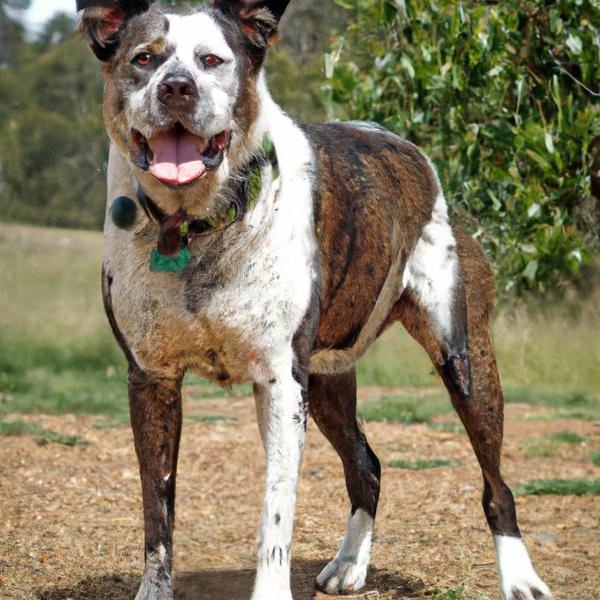
Australian Boxherd
Boxollie vs Australian Boxherd
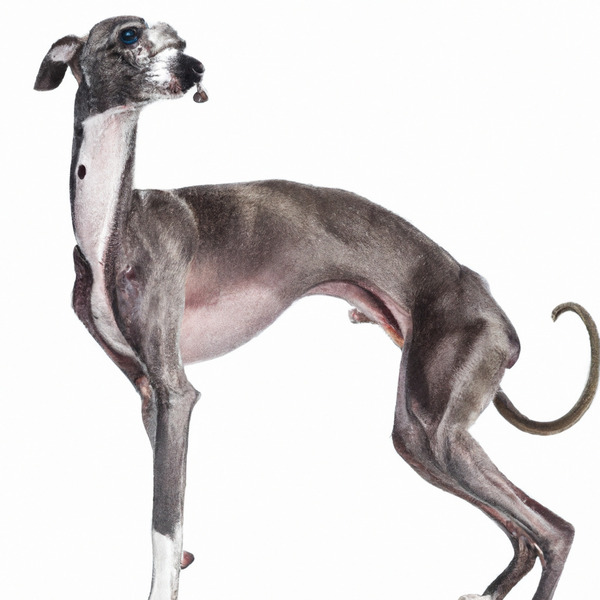
Italian Greyhound
Boxollie vs Italian Greyhound
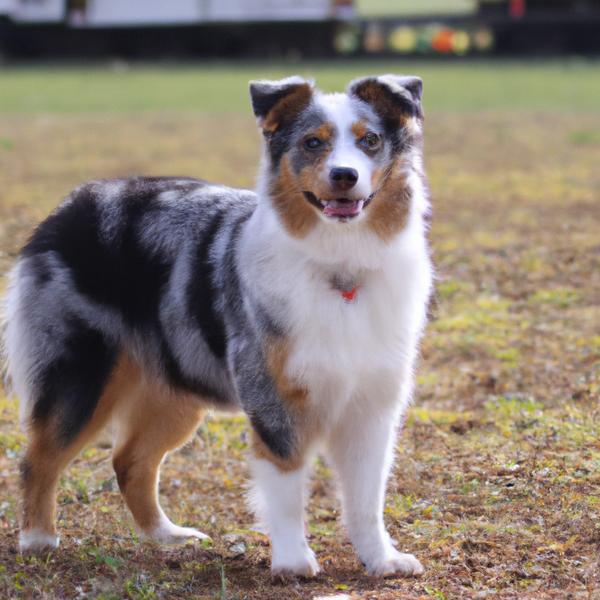
Shel-Aussie
Boxollie vs Shel-Aussie
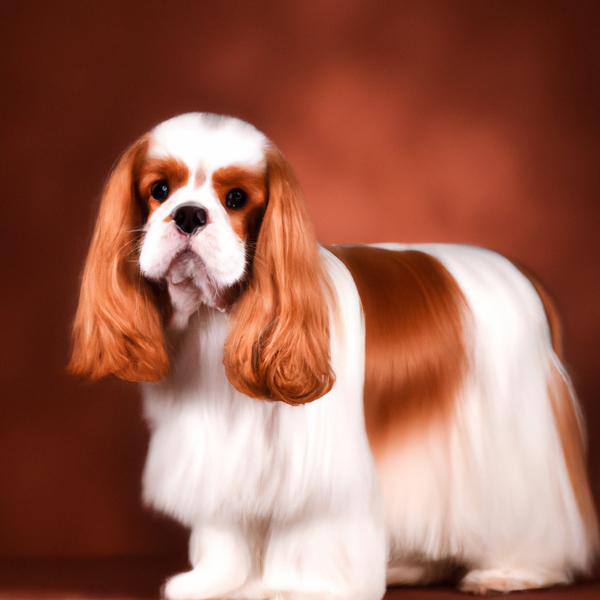
Cav-A-Malt
Boxollie vs Cav-A-Malt
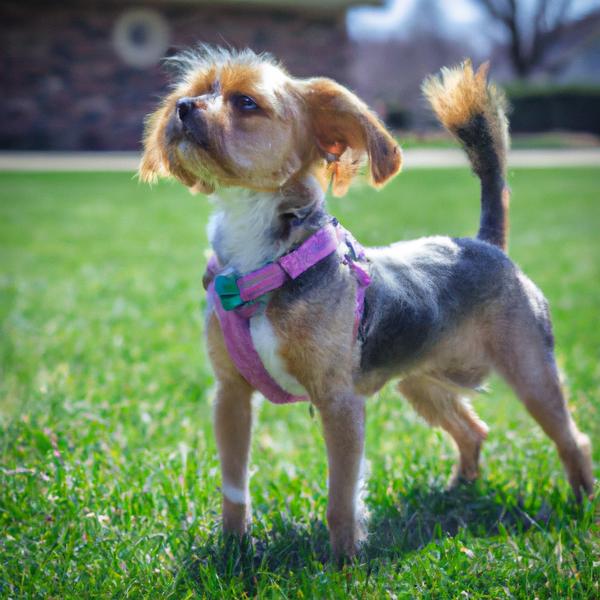
Yorkie Beagle
Boxollie vs Yorkie Beagle
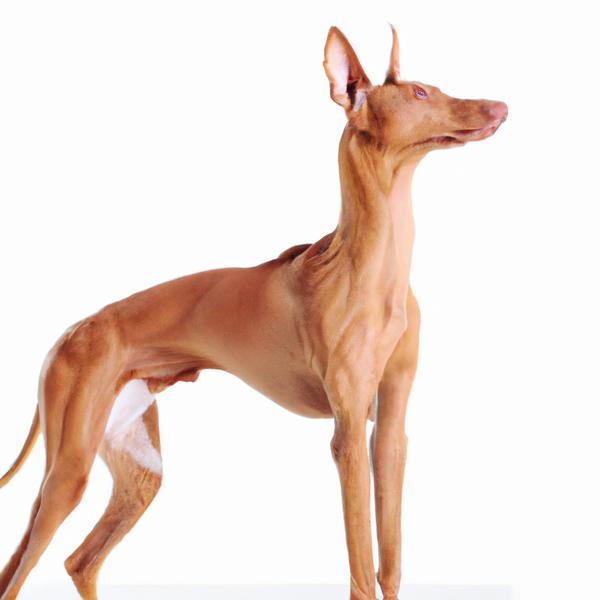
Pharaoh Hound
Boxollie vs Pharaoh Hound

Pembroke Cocker Corgi
Boxollie vs Pembroke Cocker Corgi
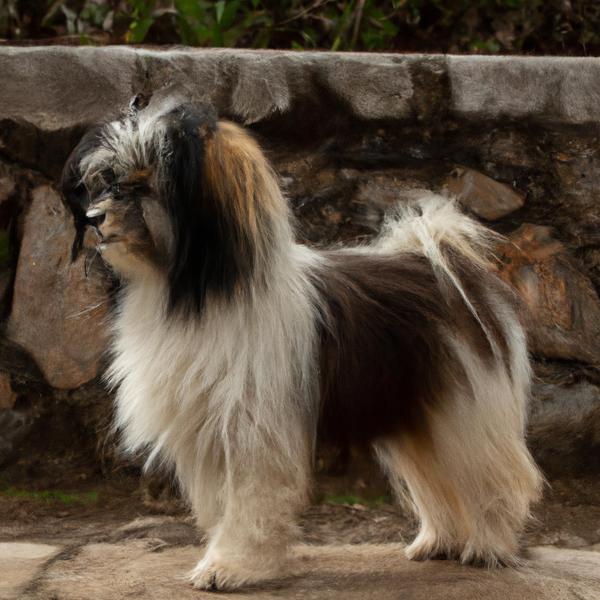
Tibepillon Terrier
Boxollie vs Tibepillon Terrier
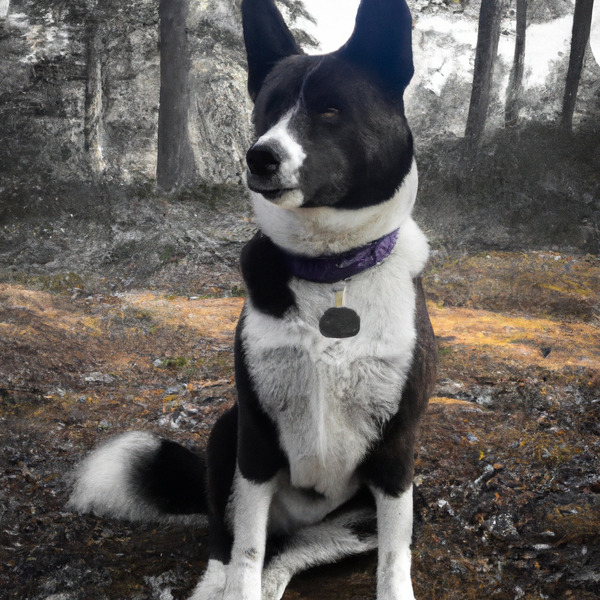
Karelian Bear Dog
Boxollie vs Karelian Bear Dog
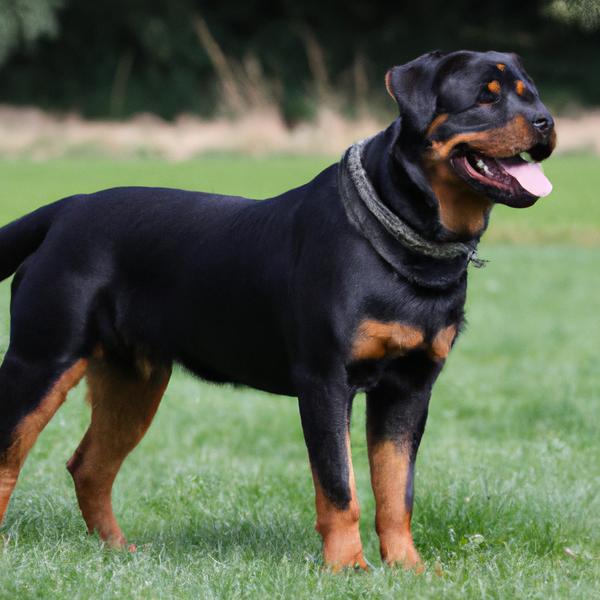
New Rottland
Boxollie vs New Rottland
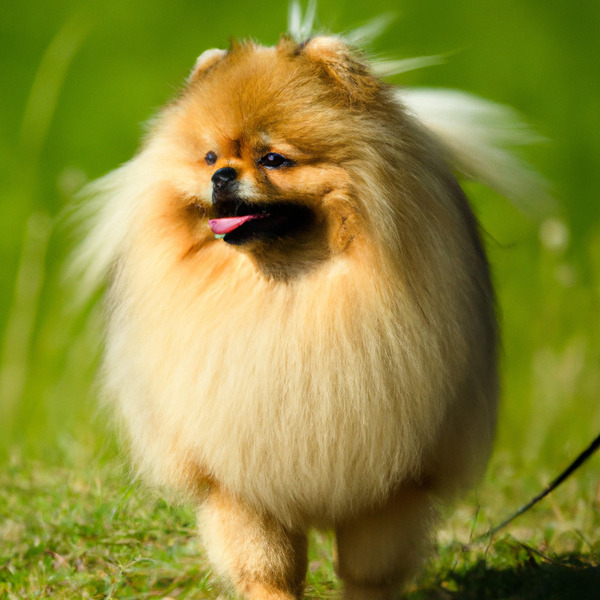
Dameranian
Boxollie vs Dameranian
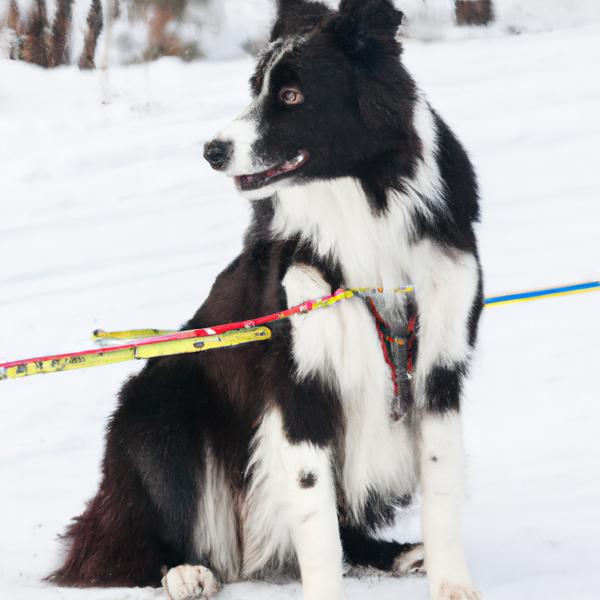
Ski-Border
Boxollie vs Ski-Border
